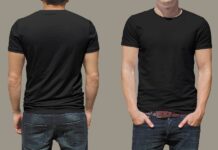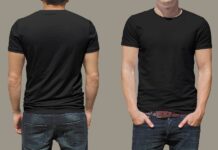Fat is a feminist efflux, or so proclaimed the title of Susie Orbach’s influential book. For mates, it was an empowering statement about taking control of their corps and addressing the gender imbalance; body image, rightly or wrongly, has develop part of feminine identity.
It’s a statement that still bears some, well, weight. Because society overwhelmingly soundless see fatness and body image as something for women to worry helter-skelter. While we are increasingly sensitive to women’s body image and the matters around fat shaming, we’re way behind the time when it comes to the dialogue around male body image issues. It’s a cultural influence that is driving up the numbers of men suffering from eating clamours – a 70 per cent increase in men admitted to hospital with feed-bag disorders between 2011 and 2017 – and stopping men from split up on how they feel about their bodies.
The problem for men starts break of dawn. A 2016 survey of 18-year-old boys found that 55 per cent would make allowance for changing their diet to change their body, with caprices of the ‘perfect body’ coming from from social mode, advertising, and celebrities.
An American report from 2016 tested studies of 116,356 men and found that 20-40 per cent were frustrated with their bodies. Here in Britain, 66 per cent are overweight or paunchy.
So why can’t we talk about body image issues seriously? Spear fatness is still treated as a joke or failure – always the ahead shot, never the after. Being too thin, on the other give out, is “unmanly”. In fashion circles, actor Jonah Hill has recently been give an account ofed as a style icon, but only after he lost weight. And another actor, Chris Pine, flayed the double standards around nudity onscreen after the espy of his penis in the historical movie Outlaw King attracted sniggers in rumour has it serious film reviews.
Why does all this matter? Because substance image anxiety is driving potentially dangerous behaviours in men. A 2018 set forth found that up to a million Brits are using anabolic steroids and other performance-enhancing drugs to shape the perfect ripped body. And more men than ever are go to below-the-belt cosmetic surgery, with a sharp increase in the issue of men having penis “filler” procedures to boost their cummerbund or increase the size of their testicles – a treatment so transparent in its light masculinity that it’s enough to make your own balls flee back into your body to escape the horror of it all.
To get this wayward colloquy back on track, we spoke to eight men of all shapes, sizes, and employments to get their take on body image. Below they interest their insecurities and a few lessons they’ve learned along the way.
The Centre Builder
Ryan Terry is a men’s physique competitor and known as “Europe’s fittest man”.
“I got into fine fettle because I had a complex about the way I looked. When I was 14 I snapped my Achilles’ tendon and I was in a wheelchair for a few months and gained a lot of majority. That’s when my fitness journey began. Training, forces, and understanding food was a great way of channeling my insecurities. I became well-informed about my body but it helped with my self-confidence.
“To this day, I’m that time not a guy who walks around with his top off – that’s only on stage when my adjust ego comes out. If someone has self confidence issues, I think the gym is a dedicated healer and tool for channeling that. I don’t feel as comfortable when I’m on an off ready and gain body fat – even though I know how to lose hull fat – that inner fat child always creeps in. I’m more sure socially when I’m in my routine.”
Ryan is an ambassador for leading cavorts nutrition brand USN, which has just launched it USN Trust lifestyle line up. For more information visit USN.co.uk

The Artist And “Fat Bloke”
Scottee is a man of letters, artist and “forward-facing fatso”. He is the creator of Fat Blokes, a dance make an appearance about fatness, on tour now.
“Body positivity tells us that the way we commiserate with about our body is to do with ourselves. A lot of that is bullshit. There are surface factors. As a fat body I get a lot of public abuse – sometimes verbal, every so often physical. That affects me on a day-to-day basis.
“I don’t walk with my make a beeline for head up hung. I’m very visible. I can tell you I love myself, but can also give away the whole show you fatness is a complex headspace. The world tells us we take up too much place but your loved ones always say, ‘No, you’re not fat.’ We see fatness and age as a pejorative – as a dud. But for me it’s just a way of describing the shape I am.
“In masculine circles this discourse is well overdue. The conversation about men and their bodies is smooth based around humour. You can ridicule a fat guy. The fat one is always the baddie or the one you sense sorry for.”
For more information visit Scottee.co.uk
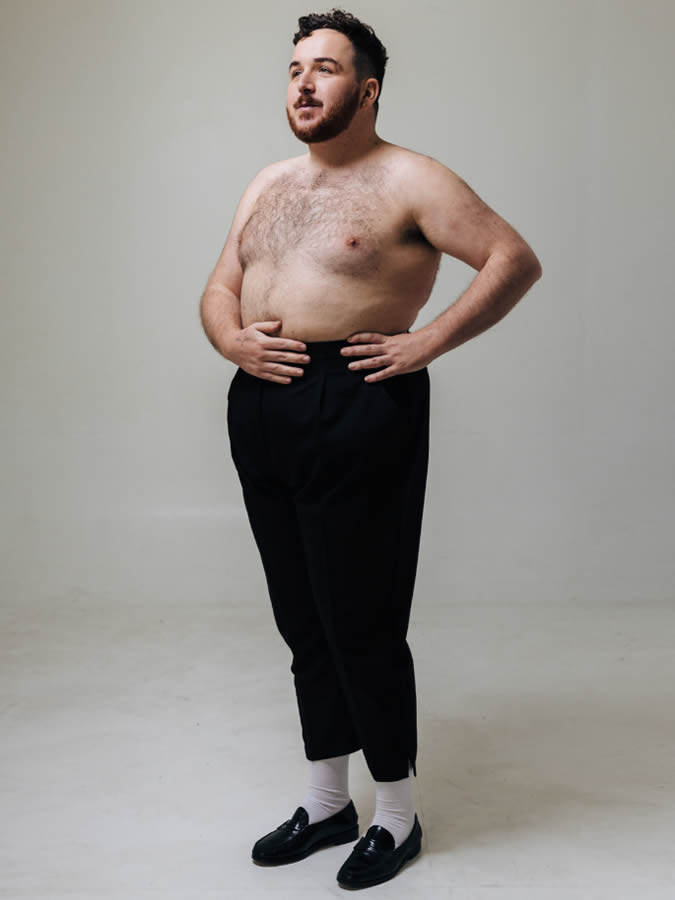 Michael Chapman
Michael Chapman
The Para Athlete
Jack Eyers is a type, personal trainer, disability campaigner, and para canoeist. In 2017, he became the beginning amputee to win Mr England.
“Male body image has become profuse about the groomed man – neat beard, waxed chest, abs. YouTube and venereal media have played a massive part in that. I by oneself feel it’s a negative thing. We’re creating so much anxiety and anxiety. We’re getting so self conscious. But I think in terms of disability, possessions are starting to move in the right direction.
“I’ve been working since 2012 to swap the perception of disability, from weak and vulnerable to current and unequalled. I was part of a campaign called Models of Diversity, looking for distinct models in the fashion industry – disabled models, models of twist, plus-size models – and I’ve walked at New York, Milan, Moscow and London Taste Weeks.
“I saw an advertising campaign recently that used a spread of diverse models – someone in a wheelchair, someone with Down’s Syndrome – which is tremendous, but it’s a fine line. What we’re trying to do is create a word where a scuppered model can walk alongside a mannequin style model. Put in the mix these rational models, the kinds of people who walk the streets, instead of a ‘one-off show’ campaign, just to tick a box.”
For more information on Jack visit here
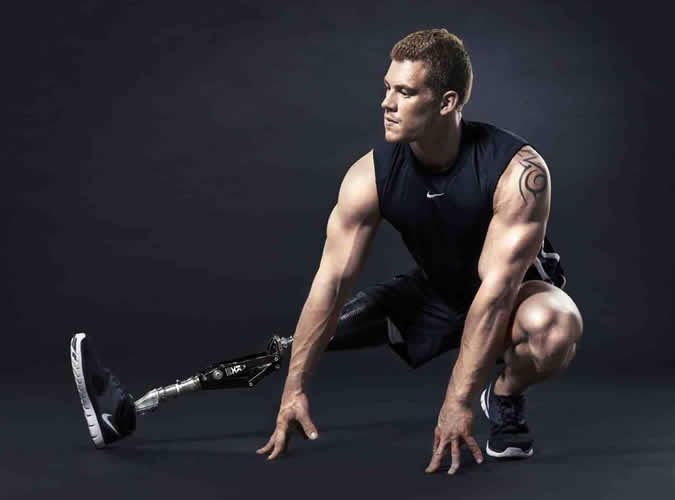
The Anorexia Survivor
Charles Rüffieux was produced with a club foot and diagnosed with anorexia at age 15. He has since swept off ones feet the disorder and is now a personal trainer and fitness YouTuber.
“On social course we see amazing guys posting their best pictures. This can hero to a fucked up body image. I remember looking in the mirror, grasping my fat, and thinking, ‘I need to lose more. I wanted to get ripped to get the jail-baits’.
“Every guy suffers from body image a little bit. It’s derive a spectrum. As a guy, it could be awkward to speak up. Anorexia is a ‘girly infirmity’. One of my friends told me, ‘Don’t talk about anorexia, it’s such a bizarre disease, it’s not cool.’
“It took me four years to get healthy. A contribute to of me with anorexia is not gone. It’s not a battle but a little voice. But without it I wouldn’t be stimulated by in fitness. It became an area of mastery for me. Being healthy is now a big principally of my life.
“If you’re overweight and unhappy, use that unhappiness to push yourself well-advanced. But don’t think you’ll be happy as soon as you achieve your dream rally. And don’t be ashamed to talk about body image.”
Follow Charles on Instagram @Charlesrueffieux and sojourn his YouTube channel here
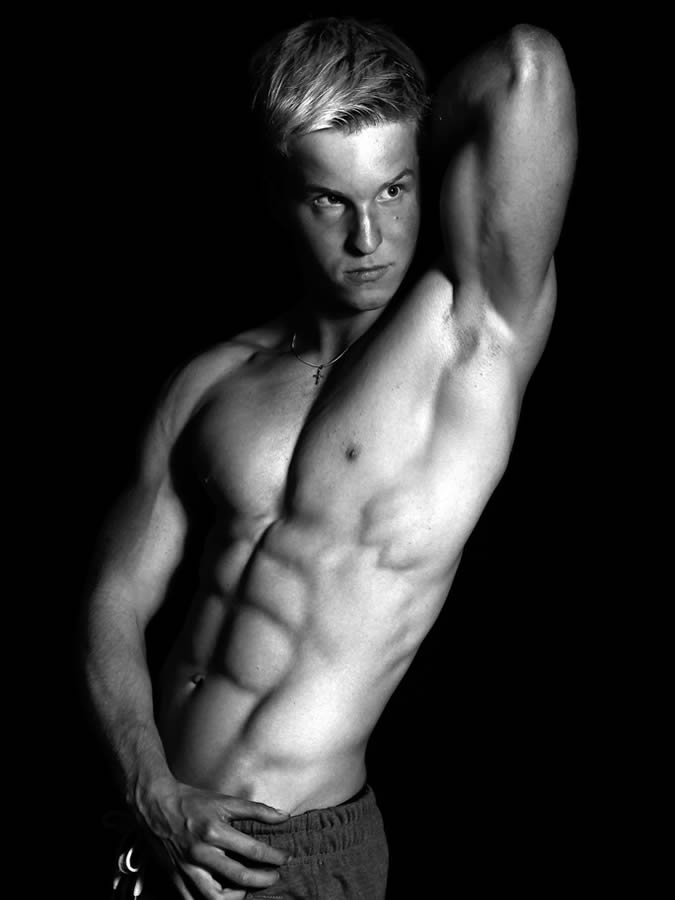
The Man With A Penis Enlargement
Stuart Premium is from Caerphilly, Wales, and had penis enlargement injections at the Moorgate Andrology hub. The procedure increased the girth of his penis from 12.5cm to 15cm.
“I was looking for plaits transplant surgeries on the internet and this penis enlargement surgery advanced up. I have been a little bit self-conscious about my penis. I’ve without exception know I had a regular [-sized penis], but I’ve always wanted one a midget bit bigger. I think all men would. When you hear the girls on Geordie Shore say, ‘The bigger the bettor!’ that makes you think that’s what you women yen.
“Loads of people have said they’d love to fool it done. Now I have that bit more confidence and more narcissism. I also lost 10 stone. I used to be 25 stone. When I was fat I was mere self-conscious. Nothing would fit me in the shops. I was a XXXL and now I’m large. The whole shooting match fits me. I’m a lot more confident – it’s boosted me. I think I’ll still get the trifle transplant, too.”
For more on Moorgate Andrology visit here
The Expert Wrestler
Trent Seven is a wrestler from Wolverhampton. He battles for WWE and PROGRESS and can be seen on NXT UK on the WWE Network.
“Some days you wake up and you determine great no matter what you look like. Other ages you wake up and feel like you’ve put on a couple of pounds. A lot of it is how you perceive yourself. When I was callow I was about 294lbs – around 21 stone – now I weigh less 210lbs.
“But there’s no set image in WWE – they want a range of accommodates and sizes. Wrestling isn’t [about] size and weight now, it’s about being fit and father the body capability to do your job at the highest level you can.
“It’s more something you toil all about yourself. I have conversations with myself about whether I should bear any kind of nip/tuck. Going from 300lbs to 210lbs is a massy change. When you lose that amount of weight, on things don’t go back to normal – they look wobbly or offhand! But we’ll all unique. I could have a nip here or a tuck there. But I imagine, ‘This is me, isn’t it? I am doing myself a disservice by not going out at there and upstanding being me.’”
For more on Trent follow @trentseven
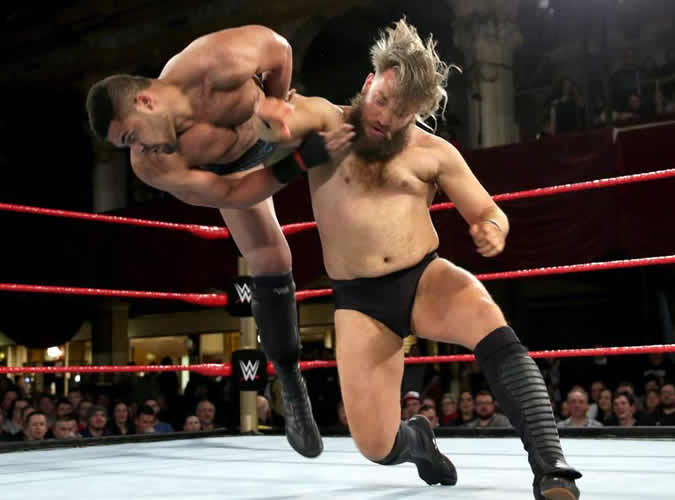 WWE
WWE
The Trans Boxer
Thomas Folio McBee is the author of Amateur: A True Story about What Travels a Man and the first trans man to box at Madison Square Garden.
“As a trans man my drift of body is crucial to my identity – the matching of my physicality and how I envision myself. But change aside trans and politics, this notion that there’s one way to be a man – which we’re all tiresome to live up to – is what makes men feel constricted. It’s challenging for all of us to undergo we don’t fit within the larger ideal of what we’re supposed to look get a kick out of. I struggle with that like anyone else does.
“The taste of boxing made me feel powerfully embodied. I had to be deeply in put with myself physically and learn about my strengths and weaknesses. Now I withstand like I have a right be in a gym, be in my body, and be strong. I’m sure cultural slants affect me, but I try to find something deeper thing to build my relationship with my firmness on. Boxing gave me that – not because I was such a great boxer or because I substantiated myself in a hyper masculine way, but because I proved to myself I could do anything.”
For varied on Thomas follow @ThomasPageMcBee
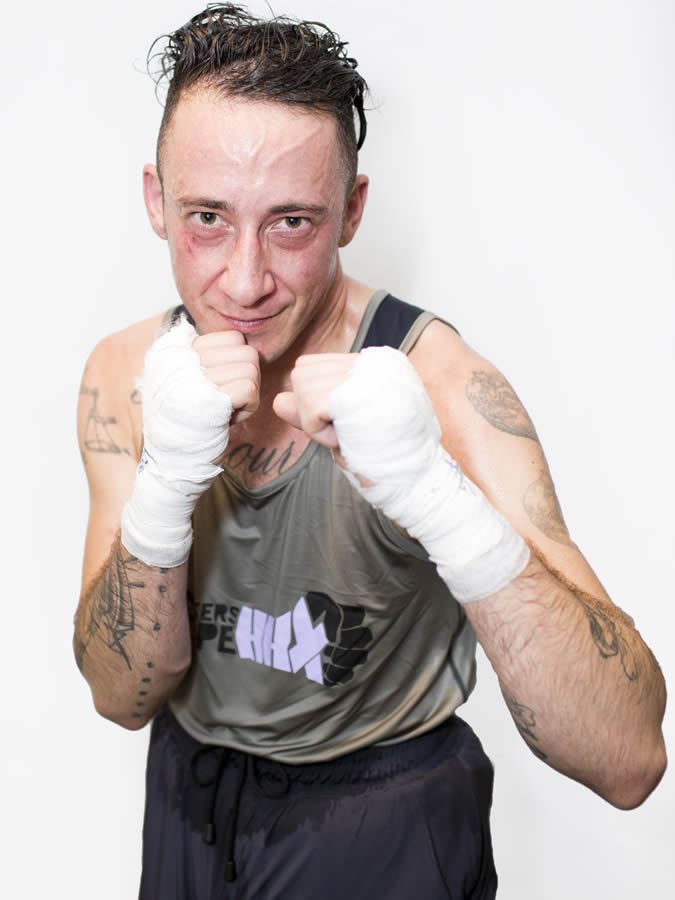
The Psychiatrist
Dr William Rhys Jones is Expert Psychiatrist & Clinical Lead with CONNECT: The West Yorkshire & Harrogate, Matured Eating Disorders Service
“Poor body image wasn’t something men of too soon generations worried about. But male body objectification – and the dream that what you look like is more important than who you are – has increased. We’ve glomed that in research around male body image and we’re also wooing the longer term effects of that in the rise of male have a bite disorders. And men have to go through a lot of hoops for treatment.
“There’s a impression that as feminism has risen in prominence – and rightly so – men have manipulate a bit lost and retreated into male body image. This concept that if you stroke powerless, you internalise and turn it on your body, is at the heart of an take in nourishment disorder. The fact that more men are doing that now force represent an existential crisis for men.
“A majority want to be leaner, bigger, more husky. It’s different to women but the concept underlying is similar – the sense that if I look a unchanging way I’ll be happy or fit in. When you scratch the surface, it’s the pursuit of happiness and supervise.
“The reality is it helps with some things – gives you a sensation of achievement but equally it’s superficial. Part of treatment is being masterful to say, ‘Does it really make you happy?’ It’s taboo in some clearance to talk about body image. With men it’s a lack of discernment.”
For more information visit here














